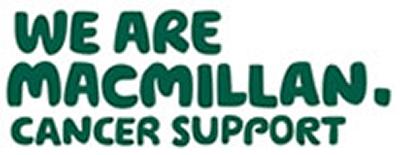Video
Please click here to watch our video of someone affected by cancer talking about the survey
Please note that the survey has now closed. Thank you very much to everyone who took part.
This Survey was conducted to find out how people managed cancer and cancer related problems in the 12 months following initial cancer treatment. This survey was aimed at UK residents who are 18 and over who have completed initial cancer treatment in the past 12 months.
Purpose - Cancer survivors are increasingly expected to manage the consequences of cancer and its treatment for themselves. There is evidence that self-efficacy is important for successful self-management and that this can be enhanced with support. The purpose of this study was to assess self-efficacy to manage problems in the year following primary treatment.
Methods - This cross-sectional online survey included cancer survivors who had completed their treatment within the past 12 months. Self-efficacy was assessed and variables expected to be associated with self-efficacy were measured using validated scales including quality of life, well-being, illness perceptions, depression and social support.
Results - One hundred eighty-two respondents (mean age 50; 81% female) completed the survey. They had been treated for a range of cancers; most commonly breast (45 %). Self-efficacy scores varied between individuals and according to the illness-related task to be managed. Respondents were least confident in managing fatigue and most confident in accessing information about their cancer. Individuals most likely to report low self-efficacy were women, those experiencing higher levels of pain and/or depression, lower well-being scores, lower socio-economic status, low levels of social support, or a more negative perception of cancer.
Conclusions - Self-efficacy to self-manage problems faced as a consequence of cancer and its treatment can vary widely in the year following treatment. Fatigue may be particularly difficult to manage. Implications for Cancer Survivors in self-efficacy highlight the importance of assessing specific problems faced and people’s confidence to manage them in order to tailor appropriate self-management support.
